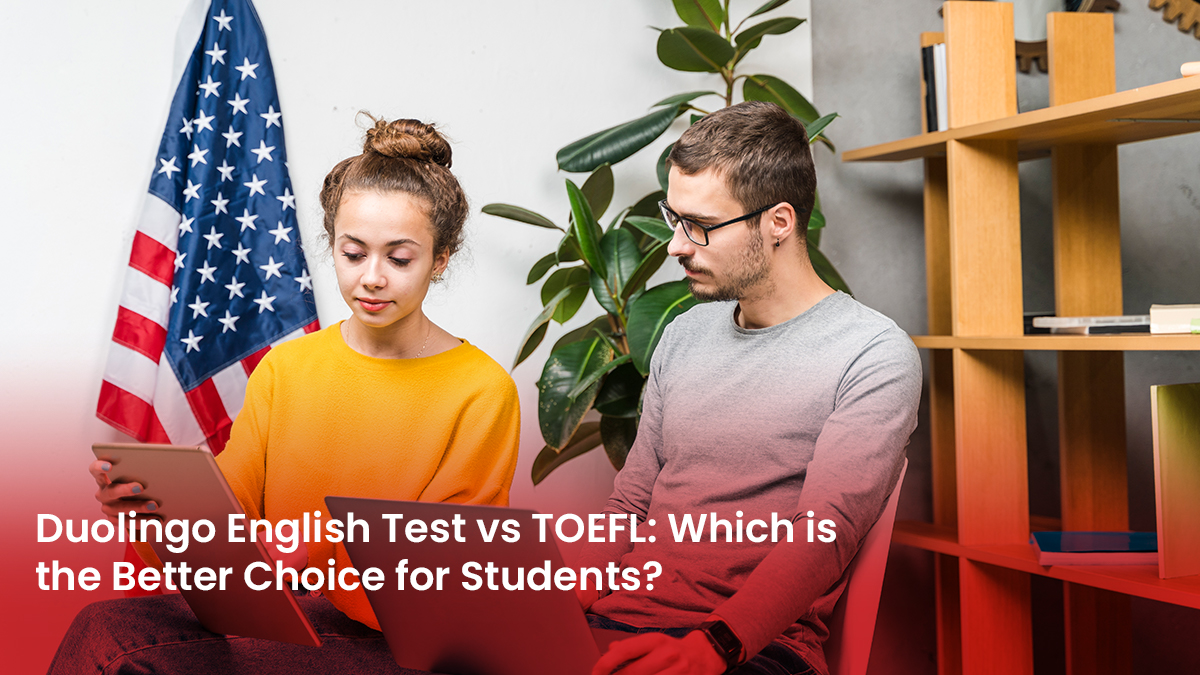Of course, who wouldn’t want affordable schooling without compromising the quality of education? Read more to learn when you should pay attention to your prospective college’s cost, and when to ignore it.
College Cost vs. Your College List
One of the growing fears among incoming college students is that they will be accepted to the school of their dreams, but will not have the capacity to pay for the education. Even if it’s their dream school, students do not list them down just because the expenses will be out of their budget.
But, hold on. We advise that when you decide on a school to enroll in, you must consider its cost first.
When you list down your target schools, you will consider a lot of factors, and its cost is one of them, but it should not be a deal-breaker. At most times, out-of-pocket costs may be less in those schools that have a higher sticker price than those with a lower sticker price. After all, financial support can be provided by schools and the government.
Financial Aid
If you don’t have adequate finances to go to your dream college, financial aids are there to help. Through financial grants and scholarships, your out-of-pocket expenses will definitely lessen from the original sticker price. Some institutions provide more generous award packages than other schools. With these financial aids, you do not need to get a student loan anymore.
You will only know your financial obligation only after you are accepted in your applied school, applied for financial aid, or received a financial aid award letter. From then, you can now decide which school would be the best for you.
College cost and Return on Investment
Aside from academic quality and campus life, career placement and starting salaries have become important aspects that students and parents consider. It may be best for you to look at the college’s academics and on-campus career resources, such as the available careers after graduation and salary data. This is worth taking as it requires investing not only your money but also your time, energy, and passion in that specific school.
Financial Safety Schools
Schools that are affordable even without taking financial aid are called financial safety schools. This may be best if your main goal is to earn a degree and provide for your family after you graduate. The best financial safety colleges are those that you would happily attend classes in, something that you would still aspire to go to even if your other school choices didn’t work out.
Deciding on which school to go to is like testing the waters. To read more financial-related articles that will be useful for you, check out MSM Unify.


























